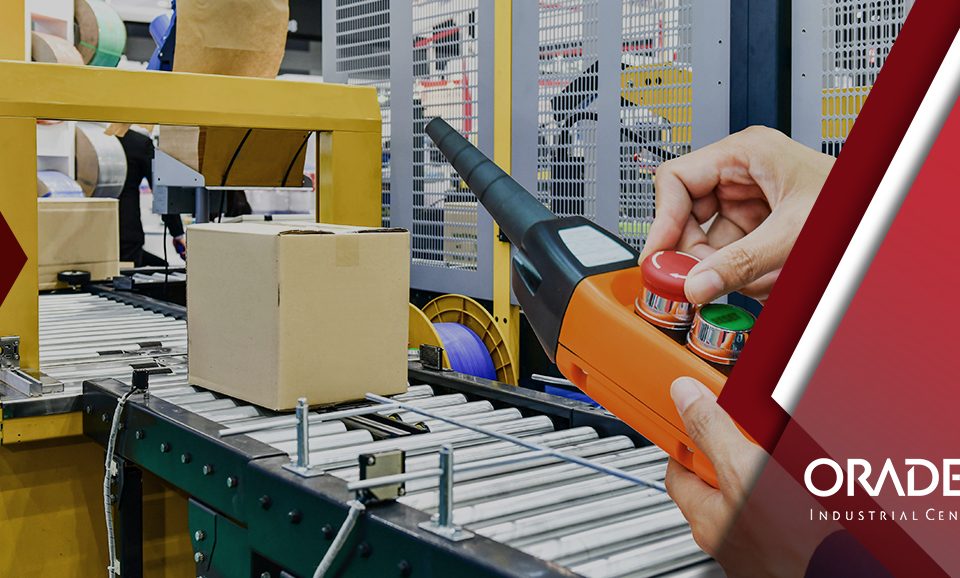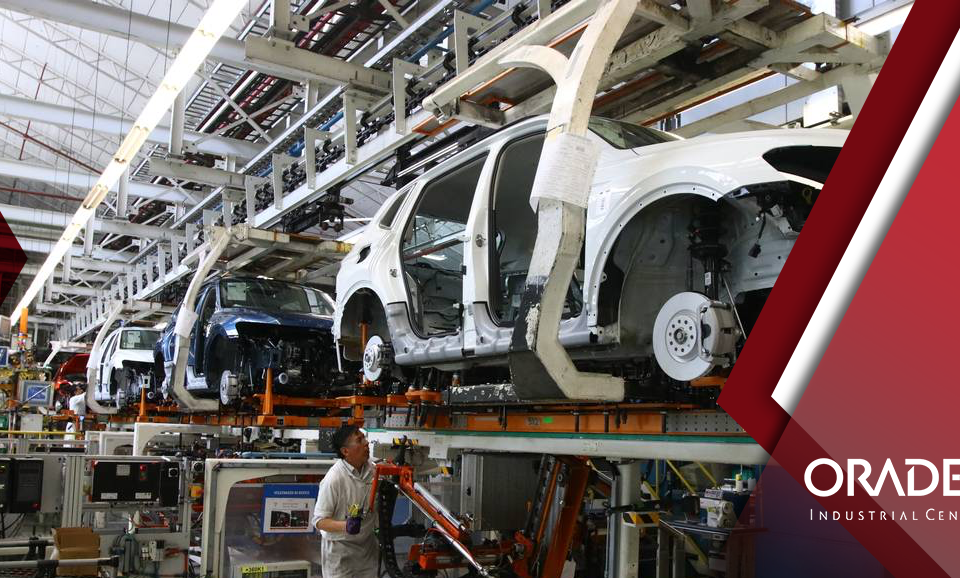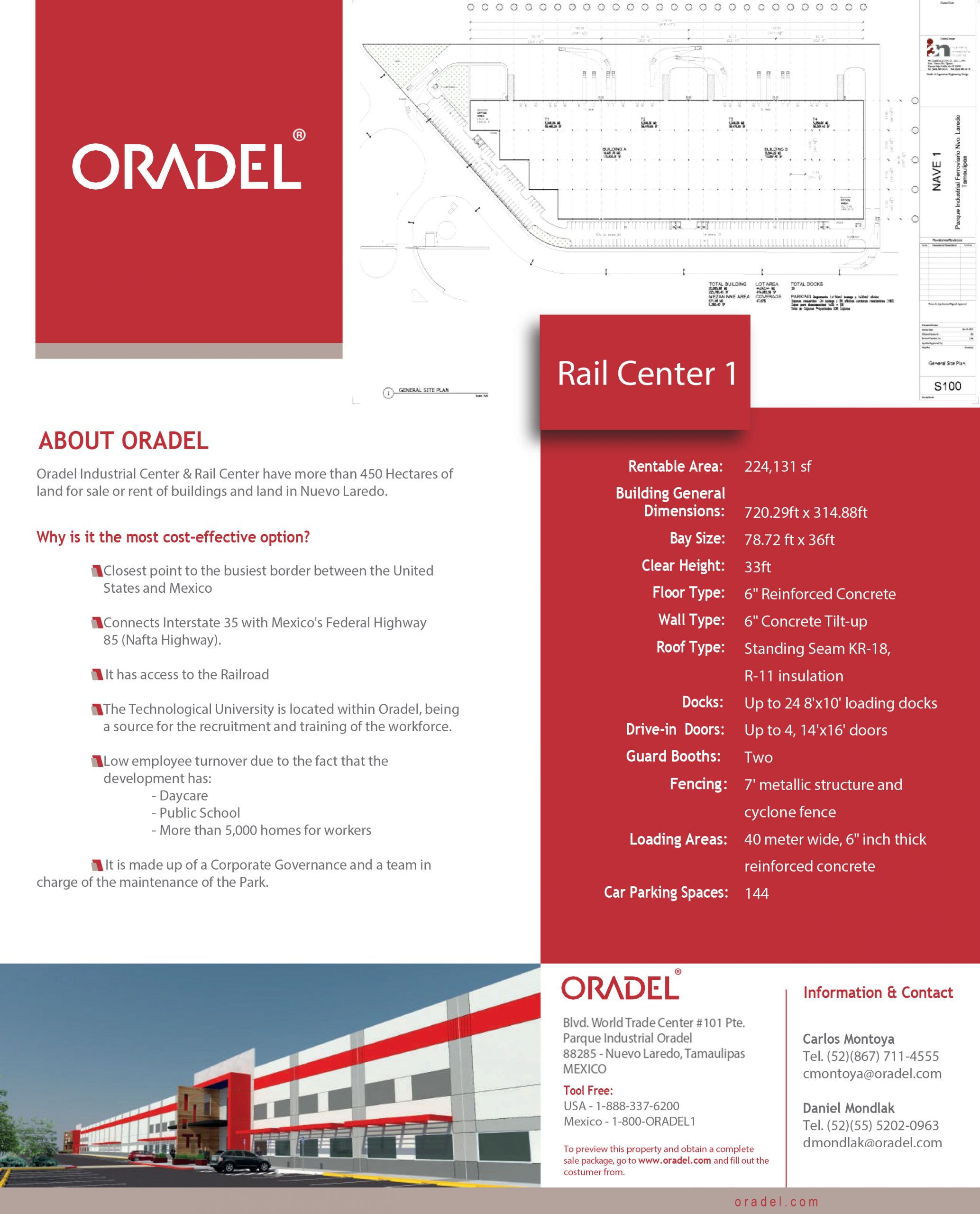Industrial Production will Contribute to Sustained GDP Growth

Foreign Companies Interested in Building Investment in Tamaulipas in 2021
18 January, 2021
Joe Biden’s Victory is an Opportunity to Strengthen U.S.-Mexico Trade Relations
18 January, 2021
Industrial Production will Contribute to Sustained GDP Growth
According to the Confederation of Industrial Chambers of Mexico (Concamin), the first three months of 2021 should be key to industrial production’s progress towards sustained GDP growth from April.
José Luis de la Cruz, President of the Economic Studies Commission of the Confederation of Industrial Chambers of Mexico (Concamin) and Director of the Institute for Industrial Development and Economic Growth (IDIC), estimates that Mexico’s economy will grow between 3.5% and 4.2% in 2021, while 2020 saw a decline of 8.5%.
Furthermore, the Gross Domestic Product (GDP) could grow at a rate of 4.0% in 2021, not even half of the estimated downturn for 2020.
Industrial production will undoubtedly be one of the things that will contribute to greater growth, but manufacturing and the link with the United States are fundamental, as well as the outcome of the unofficial trade war between China and the United States as it concerns the manufacturing industry.
We face several challenges in 2021, the main one being the considerable spread of the pandemic in Mexico, the United States and Europe. A serious outbreak of infections would involve making strategic decisions during partial or total lockdown, regionally or nationally. That’s why Mexico needs to protect continuity of operation in its strategic sectors, including industrial activity.
De la Cruz added that the Mexican government must promote what is made in Mexico, in the same way that the next President of the United States, Joe Biden, will do with American products as he has expressed his intentions to strengthen national industry with protectionist policy, a worldwide trend.
For Mexico, industry, infrastructure, telecommunications, transportation and energy are the profitable sectors for Mexico, and will contribute to its sustained recovery from April 2021 when it is believed that there will be more opportunities for economic growth. This is why there must be a clear and accurate sectoral and regional delineation between the federal government, states and municipalities.
Industrialists’ forecasts for 2021
-Inflation: Growth of 3.6%.
-Exchange rate at the end of this year: 22.8 pesos per dollar, higher than the estimated 21.01 pesos in 2020.
-Gross Fixed Investment: Growth of 12.1% in 2021, from a decrease of 18.4% predicted for 2020.
-Private consumption: A growth rate of 7.8% per year is expected in 2021, from a decrease of 8.4% predicted for 2020.
-Industrial production: Predicted annual increase of 6.8% for this year, compared to the 2020 forecast of a 9.8% decrease.
-Formal employment: 550,000 jobs are expected to be recovered this year, which is lower than the 920,000-job loss predicted in 2020.
Technological challenges for manufacturing companies in Mexico
On August 26, the National Institute of Statistics and Geography (INEGI) announced a 10.1% decrease in the GDP for the first half of 2020 compared to the same period in 2019. The manufacturing industry was one of the sectors that was most affected by the COVID-19 pandemic, which declined 16.2% in the same period. The manufacture of transportation equipment, including vehicles, machinery and equipment, as well as metal products, were the sectors with the largest decreases, while the food industry was the least affected and achieved a growth of 1.1%, which is significant as it represents 28% of the total GDP of the manufacturing sector.
In the context of the crisis caused by the suspension of economic activity in order to contain the spread of the pandemic, the manufacturing industry was affected both by a decline in demand and by the breakdown of supply and distribution chains. This accentuated some challenges the sector was facing related to business continuity, and the optimization of operations in order to reduce costs and increase productivity.
In light of this, 55% of manufacturing companies have said that they will redesign their supply chains, which implies transformation that concentrates on cost, efficiency and risk considerations. In addition, these actions could mean an acceleration in the adoption of tools and talent that focus on analysis, and will help with making timely decisions, as well as finding collaborative solutions that will facilitate remote working programs in a way that ensures trends for supply of raw materials and inputs.
Concerning the optimization of operations, the manufacturing sector has been one of the most likely to implement solutions that cause cost reductions. However, the optimization of operations becomes essential in a crisis, and so solutions related to new technologies, such as artificial intelligence and the Internet of Things, become important as long as they are focused on greater efficiency in supply, production and distribution processes.
Similarly, the implementation of new technologies in manufacturing companies will be effective in achieving an accurate view of both the production processes, and the supply and distribution chain that will allow a timely reaction to any issues.
Oradel Industrial Center offers space for the construction of industrial buildings tailored to the needs of international companies, so they can establish their manufacturing operations in Mexico and contribute to the country’s economic growth.





